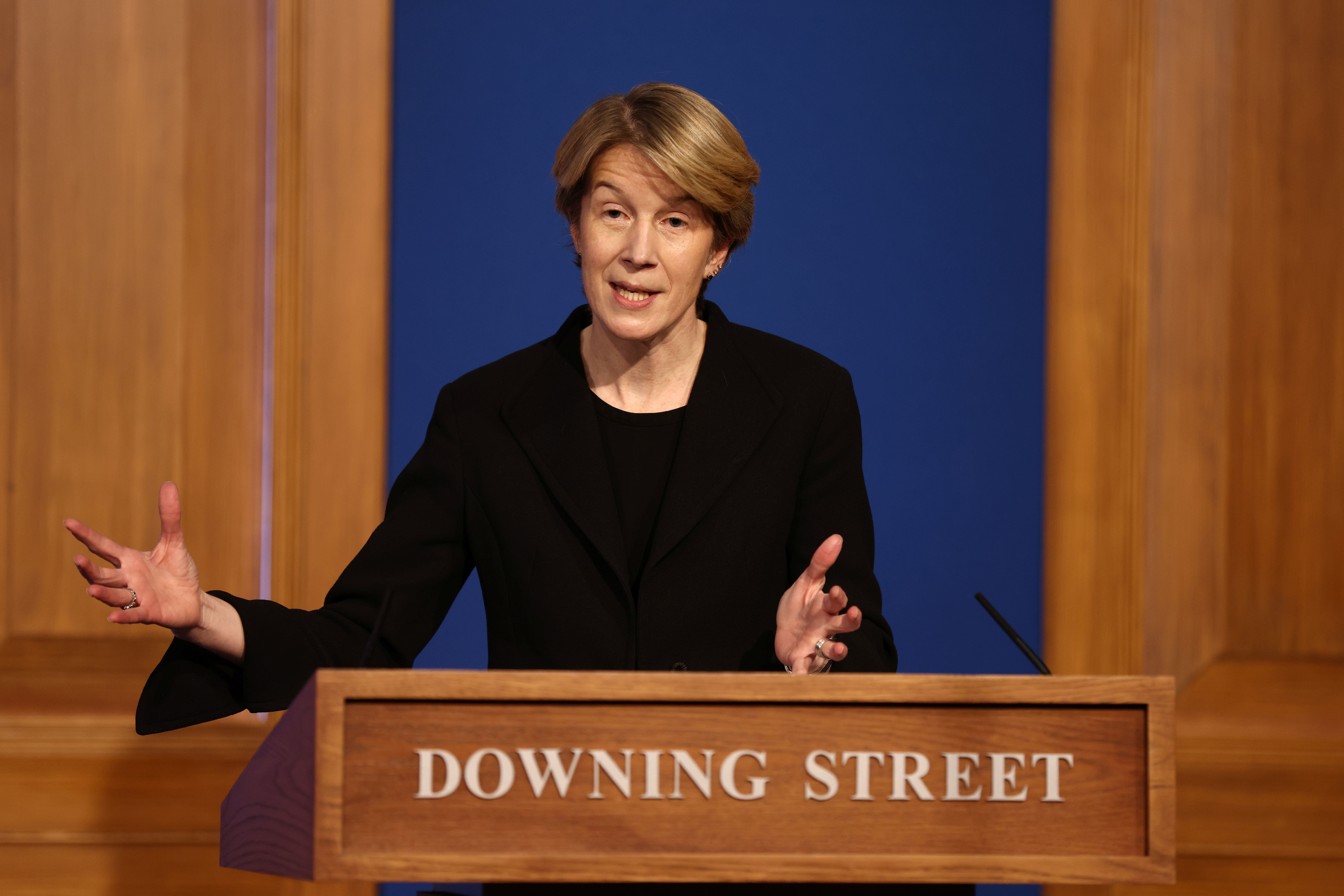Funding and mental health staff retention go ‘hand-in-hand’ – NHS chief
NHS England chief executive Amanda Pritchard told MPs there is a direct link between mental health staff shortages and the funding available.

Boosting the mental health workforce to improve services goes “hand-in-hand” with the funding available, the chief executive of NHS England has said.
Amanda Pritchard told MPs support services had significantly improved under plans to give mental health parity of esteem with physical health, but said bolstering staff recruitment and retention was key to further progress.
Appearing before the Public Accounts Committee on Thursday, she said: “We are in a situation where we still have, particularly with workforce, a huge challenge if we are going to continue to increase services in the way we know we need to – if we are going to address those underlying treatment gaps and the new demand that has been created as a consequence of the pandemic.”
When asked by Labour committee chair Meg Hillier whether the money available was part of the challenge, Ms Pritchard said: “They go hand-in-hand”.
She added establishing more training places was the starting point for growing the workforce for a range of mental health roles.
“But it is also about, absolutely, our ability to then make sure that mental health is an attractive place for people to want to work and to stay once they have begun a career in that direction,” Ms Pritchard said.
A recent report by the National Audit Office (NAO) said there was a 22% increase in the NHS mental health workforce between 2016-17 and 2021-22.
However, the increase in numbers of mental health nurses and medical staff significantly lagged behind the growth in other roles such as therapists and support workers.
The NAO also said an estimated 1.2 million people were on the waiting list for community-based NHS mental health services at the end of June 2022.
Also appearing before the committee, Sir Chris Wormald, permanent secretary at the Department of Health and Social Care, said the promised NHS workforce plan would be published “shortly”.
He added the Government described the NAO report as “absolutely excellent” in identifying the challenges in mental health services and where progress needs to be made.
Sir Chris insisted there was no “strategic or policy disagreement” between the Government and NHS England on the long-term plan.
He added: “Quite clearly there is a big demand challenge… but I don’t think there is any disagreement on what the direction of travel ought to be.
“The relentless delivery questions, most of which there is no silver bullet to because a lot of them are locked in the workforce questions.
“Even with the very impressive performance on (mental health) workforce that the NHS has delivered, you have got demand numbers that are even greater than that – that is the crux of the matter here.”
When later questioned on whether there is a danger that addressing treatment backlogs in other areas of the NHS will be prioritised in the forthcoming workforce plan, Sir Chris said: “I would hope not”.
He added: “The pressures in (workforce) I think are understood by everyone and… the costs across the society and Government of getting this wrong are very high indeed.
“I would expect this to continue to be a priority for both Government and the NHS, but wider pressures and the trade-offs that will have to be made by everyone are, of course, real. But I don’t think there is going to be any lack of seriousness to the case that we have got in front of us today.”
The Government has placed a requirement on local NHS bodies to increase their spending on mental health services at faster growth rate than their overall allocation.
The NAO said this “investment standard” was achieved in all areas over the last three years.
However, total capital spending on mental health facilities fell from £384 million in 2017-18, which was 107% of what was required to address the maintenance backlog at the time, to £219 million in 2021-22, or 26% of what was needed in that year.
Claire Murdoch, NHS England’s national lead for mental health, told the committee: “We want to work over the next five years of the long-term plan to have arrangements in place for funding workforce and everything else to… try and fundamentally change the face of early intervention and mental health at a young age.
“I definitely think we need the right amount of capital in the right place to make sure that we can localise services and an end to out of area placements.”
Bookmark popover
Removed from bookmarks